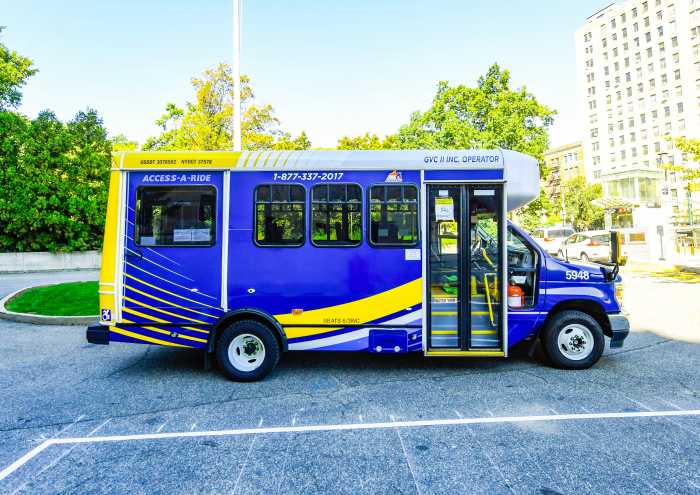The National September 11 Memorial Museum that President Barack Obama dedicated Thursday on the World Trade Center site succeeds brilliantly at an impossible task.
It serves as a solemn resting place — in bedrock roughly seven stories below ground — for the unidentified remains of those who died in the 2001 attack on the Twin Towers.
It commemorates the 1993 bombing of the World Trade Center — a little-appreciated precursor to the 9/11 attacks — that claimed six lives.
But perhaps most ambitiously, the museum sets out to create a fact-based narrative of the 9/11 attacks — an event that murdered almost 3,000 people in New York City alone and created shock waves that reverberate still.
The museum seeks to chronicle the past with eye to an uncertain and potentially volatile future.
The attacks that struck America on Sept. 11, 2001, are part of an ongoing struggle between Islamic radicals and the modern world that can only be engaged successfully if Americans and the rest of the world understand what the conflict is really about, museum officials suggest.
The place is filled with haunting and smartly presented artifacts that will inform the minds of generations of schoolchildren and pique the memories of their parents.
There’s the twisted steel beam from the North Tower that American Airlines Flight 11 struck and mangled. There’s the destroyed truck of Ladder Co. 3, which lost 11 firefighters when the North Tower crashed down. There are countless displays of homemade posters pleading for information about people who went to work on 9/11 and never returned.
And then there’s this: a video describing the emergence of al-Qaida and its role as a terror group given to mass murder at the dawn of the 21st century.
It’s gripping, it’s factual, and, of course, it’s controversial.
So why present it at Ground Zero? For the same reason we show other ghastly images of that awful day. “Bearing witness to the unimaginable is the only way to imagine a way beyond it,” says museum director Alice Greenwald. She’s right, which is a reason the museum is so compelling.






























